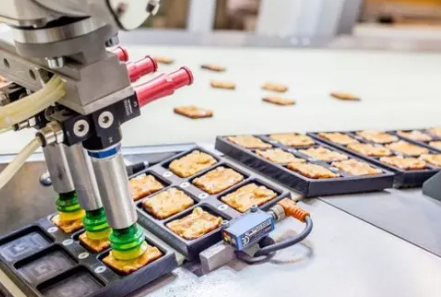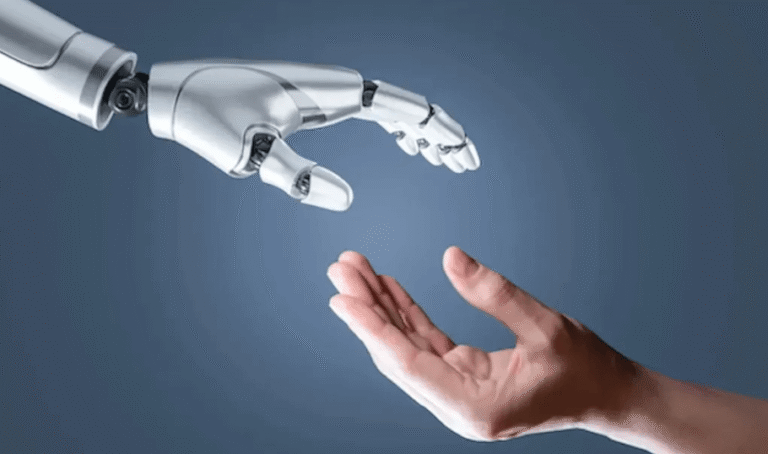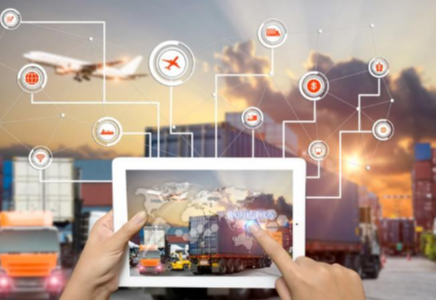How Robotics Is Impacting the Food Industry
The food industry is undergoing a profound transformation due to advancements in robotics. Automated farming techniques enhance crop yields, while robotic chefs revolutionize food preparation processes. Furthermore, enhanced safety measures ensure high standards of hygiene and quality. As these innovations reshape consumer expectations and industry practices, the implications for sustainability and future service models become increasingly significant. The ongoing evolution raises questions about the broader impact on traditional food systems and workforce dynamics.
Automated Farming Techniques
As technology continues to evolve, the integration of automated farming techniques has transformed traditional agricultural practices, enhancing efficiency and productivity.
Precision agriculture utilizes data-driven approaches to optimize crop yields, while drone technology plays a crucial role in monitoring fields and assessing plant health.
Together, these innovations empower farmers to make informed decisions, ultimately promoting sustainable practices and maximizing the freedom to cultivate responsibly.
Robotic Food Preparation
The advancements in automated farming techniques have set the stage for significant innovations in the food industry, particularly in robotic food preparation.
Robotic chefs enhance kitchen efficiency by automating repetitive tasks, allowing human chefs to focus on creativity. This technology not only reduces labor costs but also improves consistency and speed in food production, catering to an increasingly demanding consumer base seeking quality and convenience.
Enhanced Food Safety Measures
While ensuring food safety has always been a priority in the food industry, the integration of robotics has introduced enhanced measures that significantly mitigate risks associated with contamination.
Advanced robotic systems monitor food quality and adhere to strict safety standards, ensuring a consistent approach to hygiene.
This technological shift not only elevates safety protocols but also empowers consumers with greater confidence in the food they consume.
The Future of Food Service Automation
How might the integration of automation reshape the food service industry in the coming years?
The emergence of smart kitchens and delivery drones promises to revolutionize efficiency and customer experience. These innovations streamline food preparation and enhance delivery speed, allowing businesses to cater to growing consumer expectations.
As automation advances, the potential for personalized service and operational freedom will redefine industry standards.
Conclusion
In conclusion, robotics is revolutionizing the food industry, with automated farming techniques boosting crop yields by up to 30%. As robotic chefs and advanced food safety systems become more prevalent, they not only enhance efficiency but also elevate consumer expectations. This transformation signals a future where technology and creativity coalesce, paving the way for sustainable practices and improved food quality. As the industry evolves, the integration of robotics will undoubtedly reshape how we produce and consume food.





